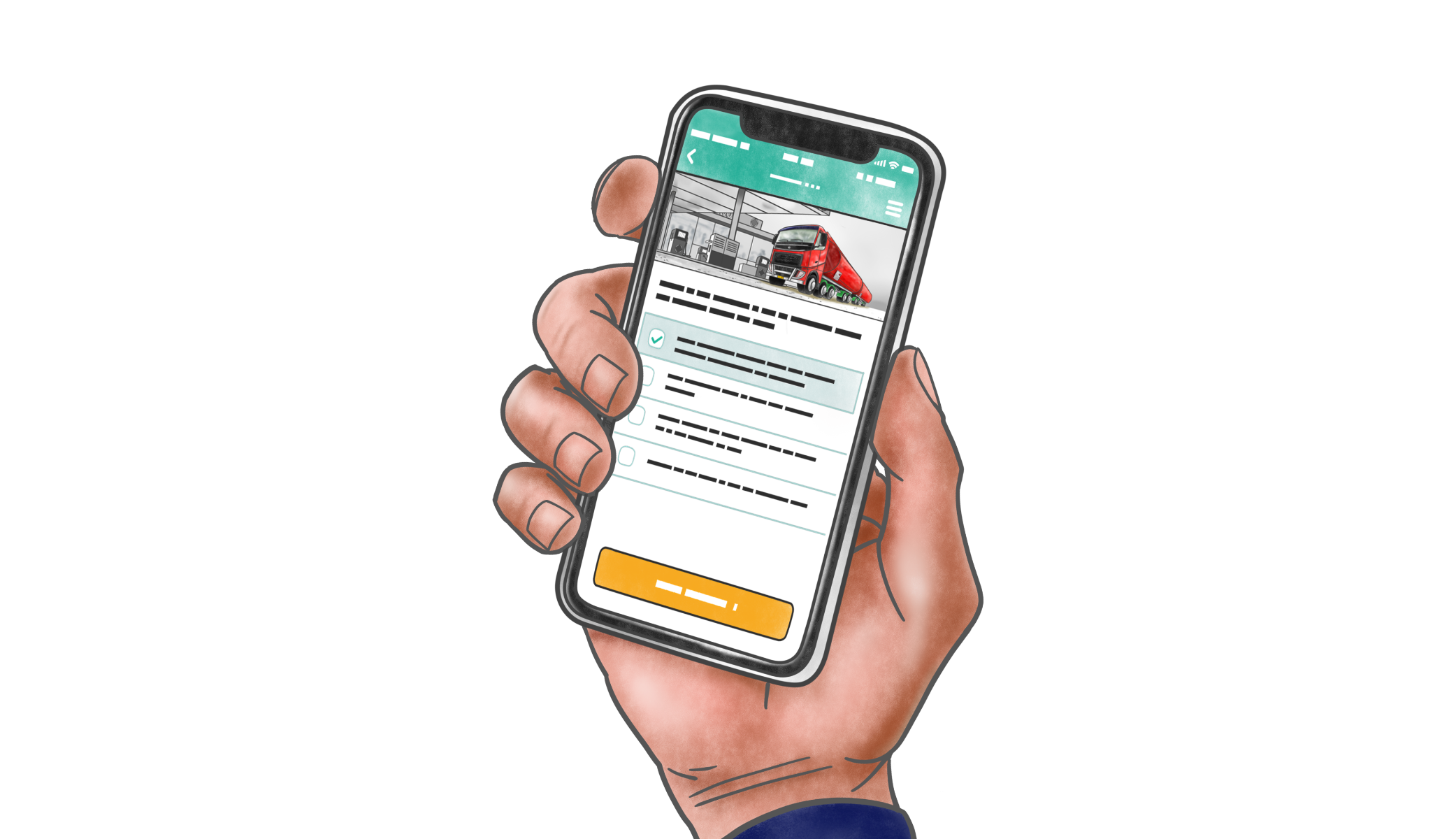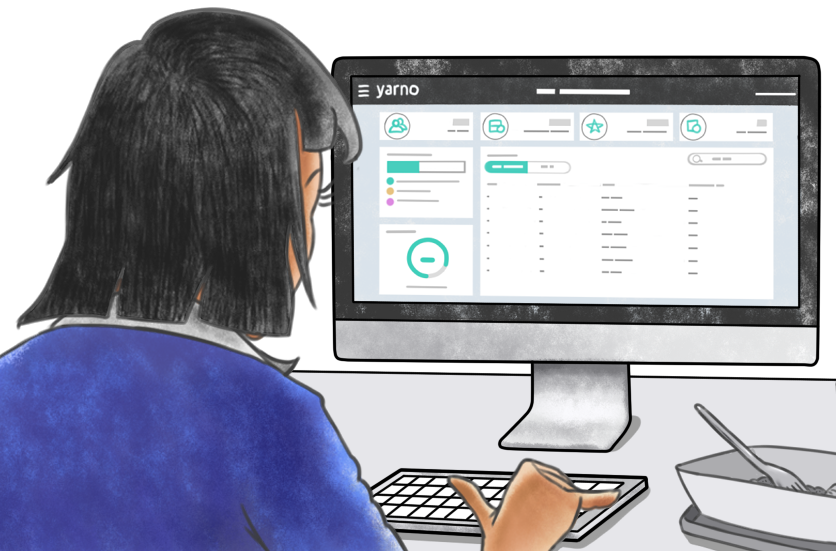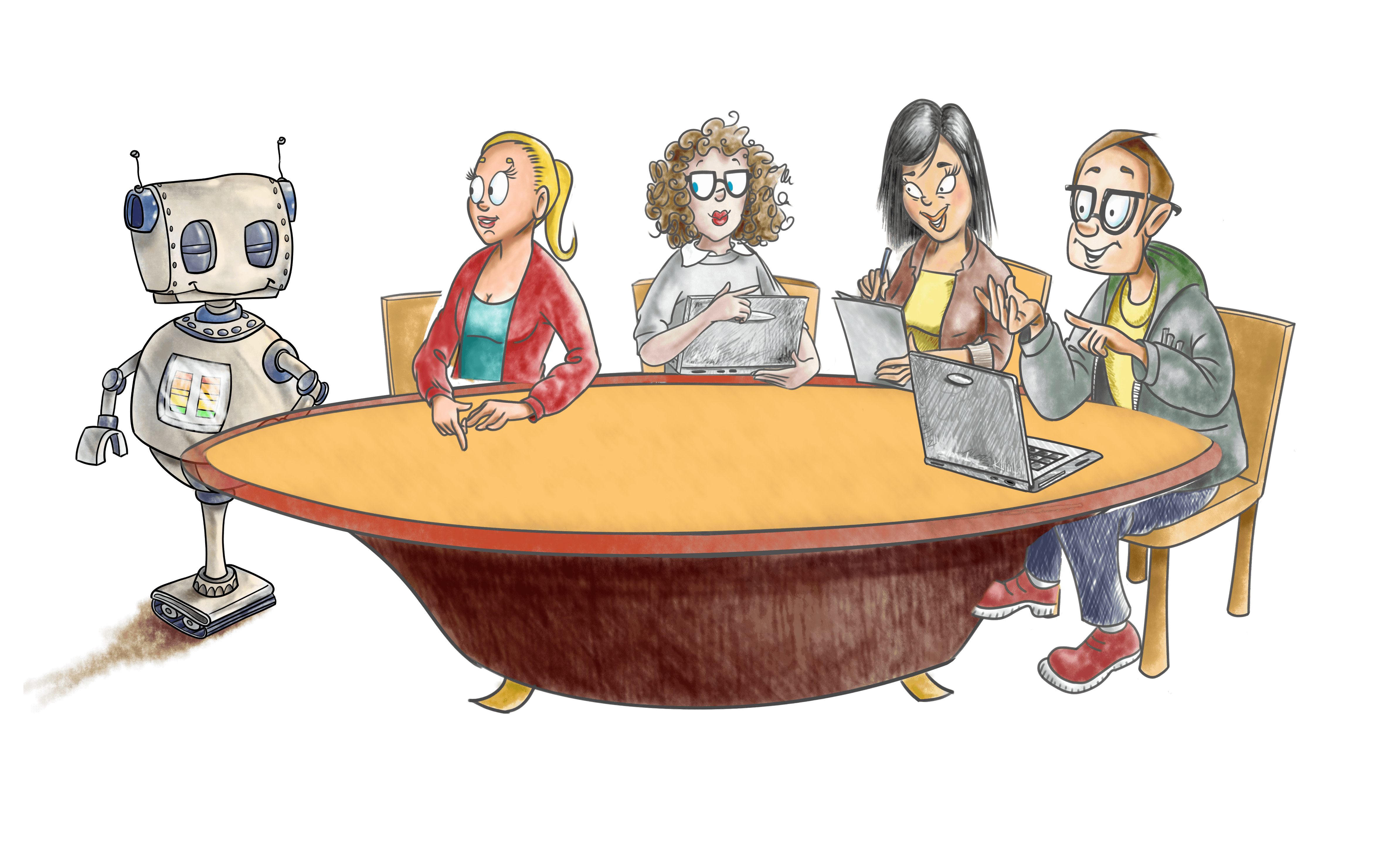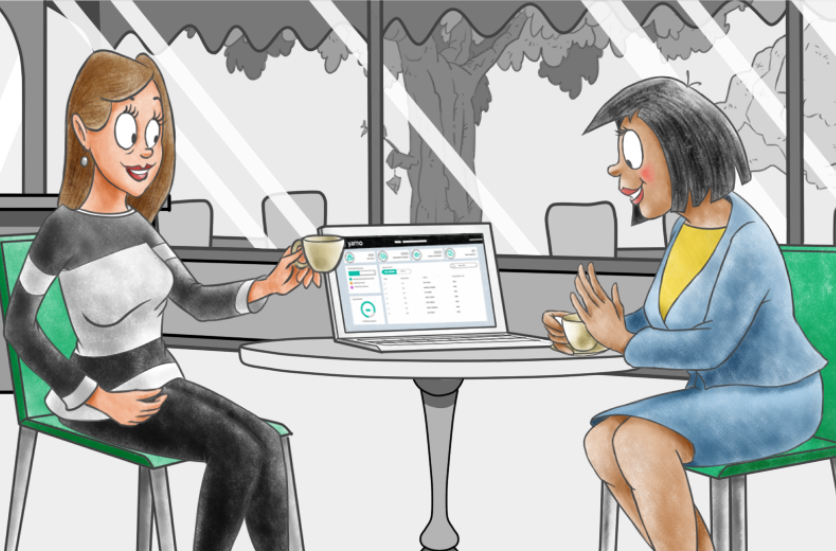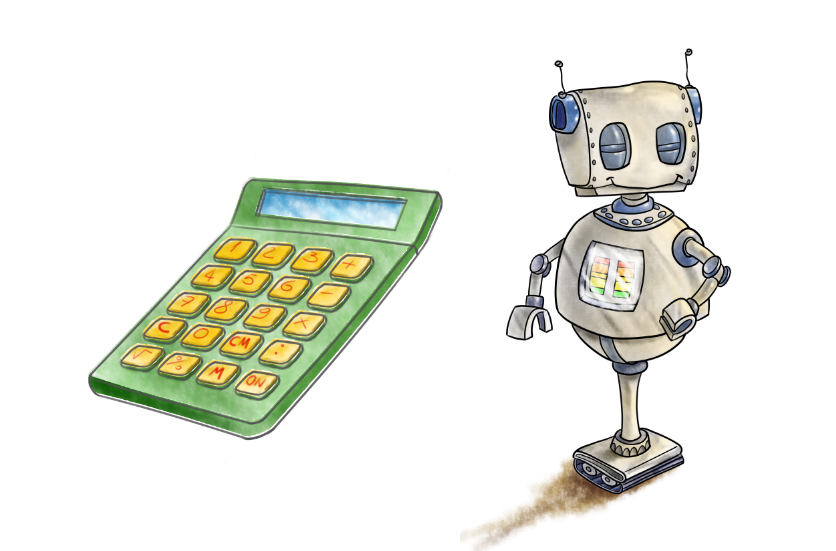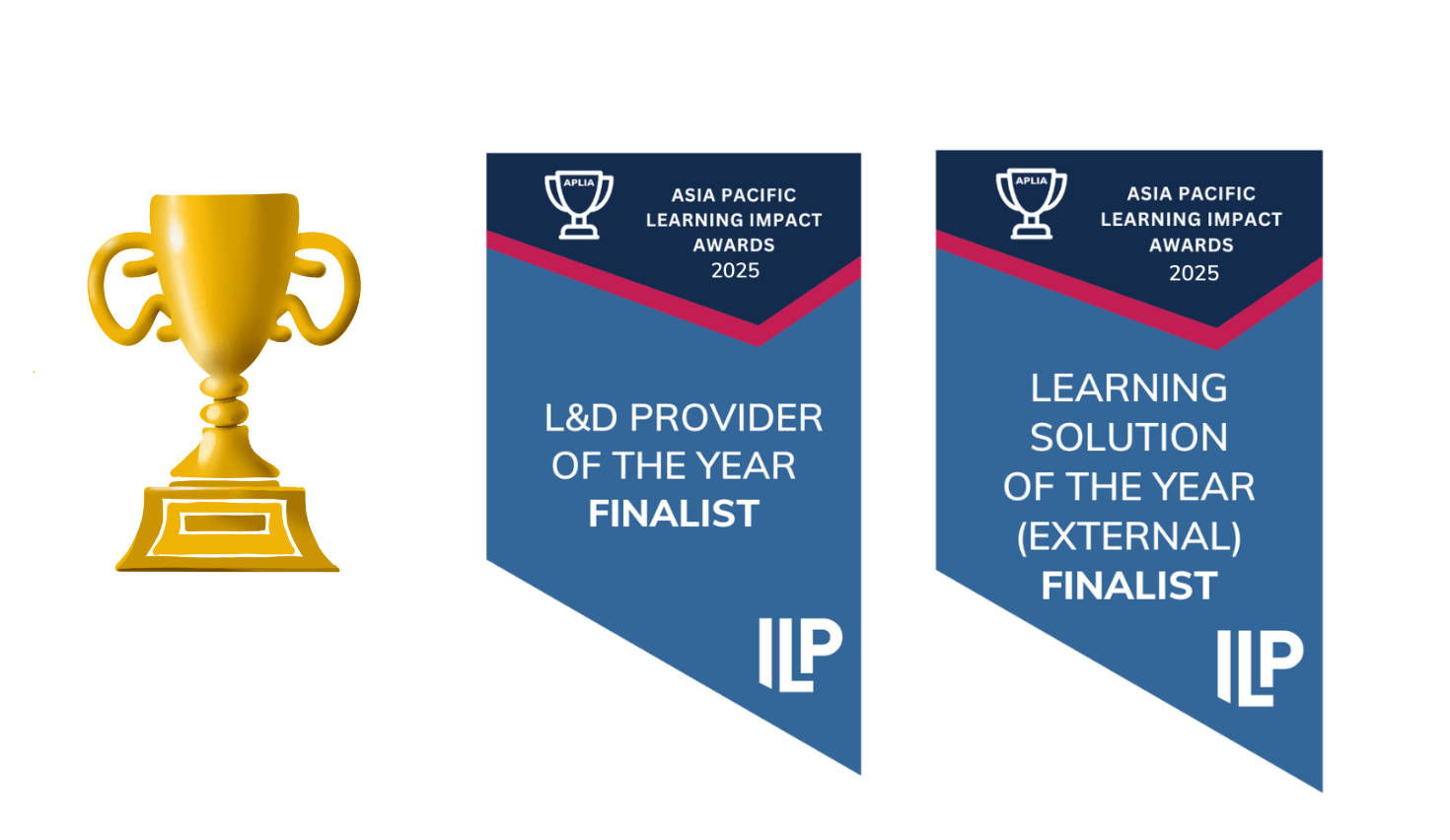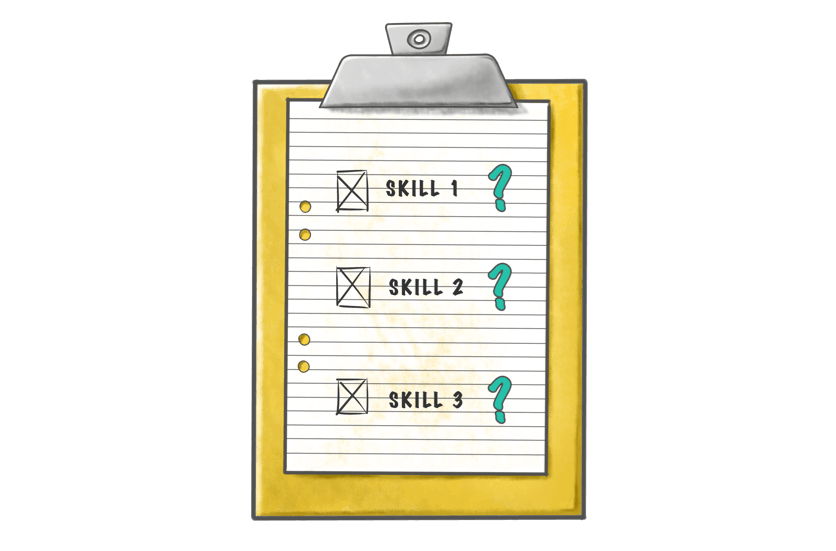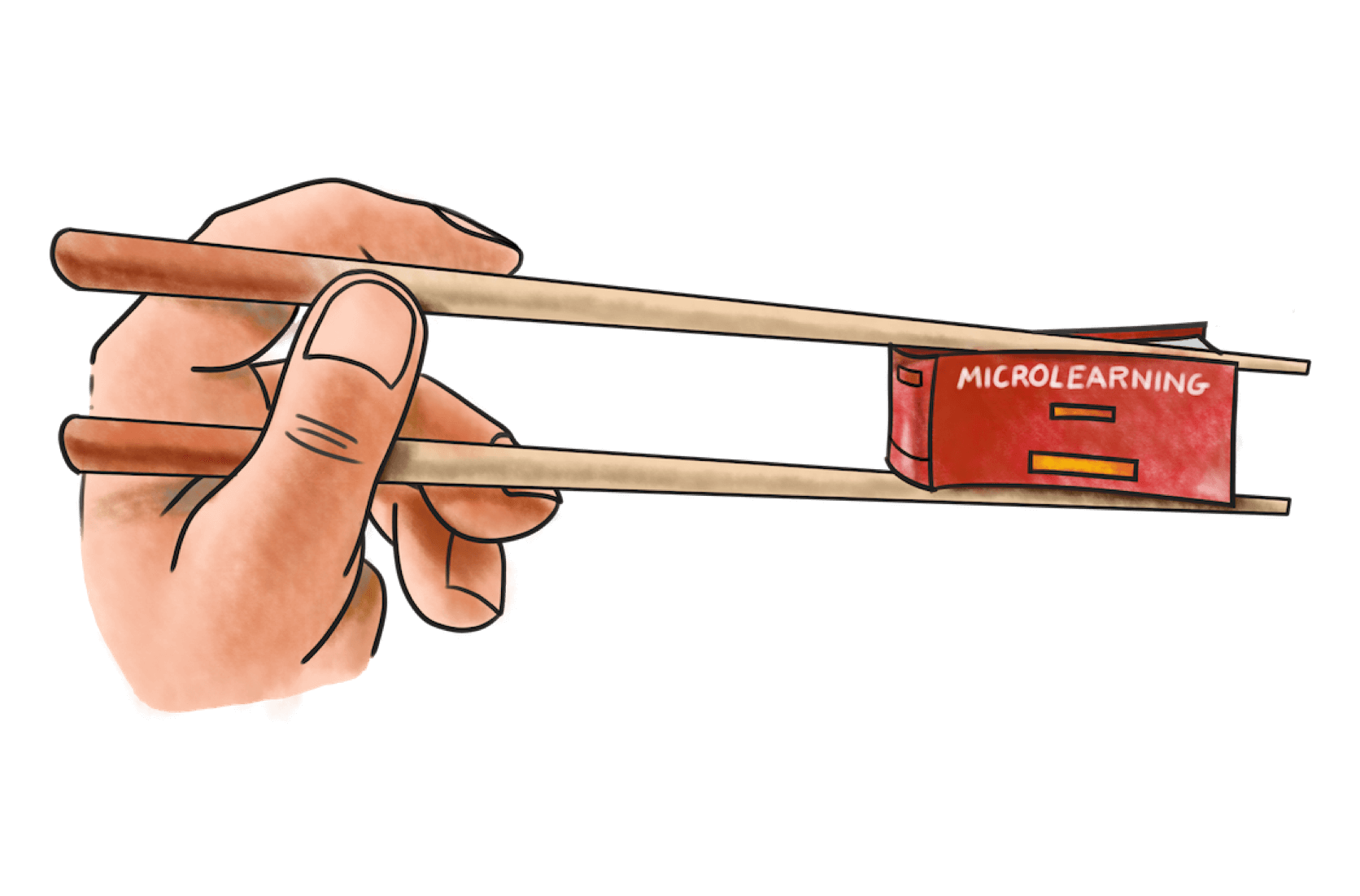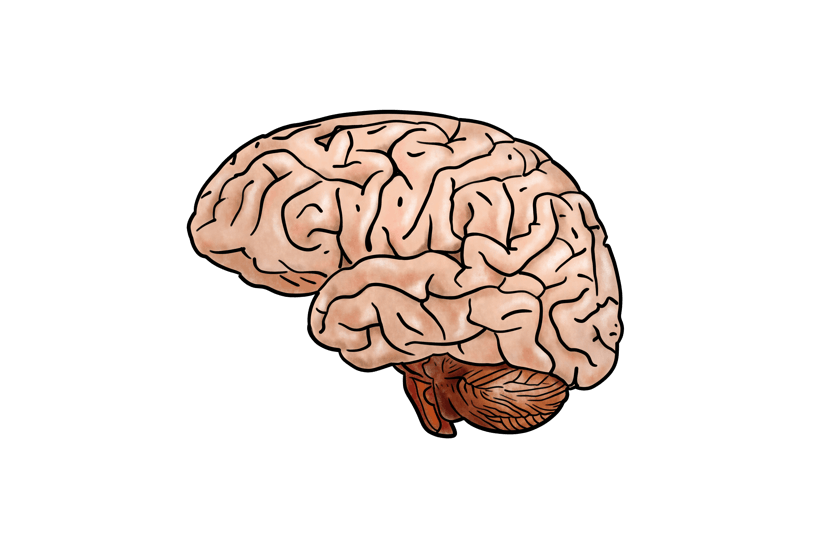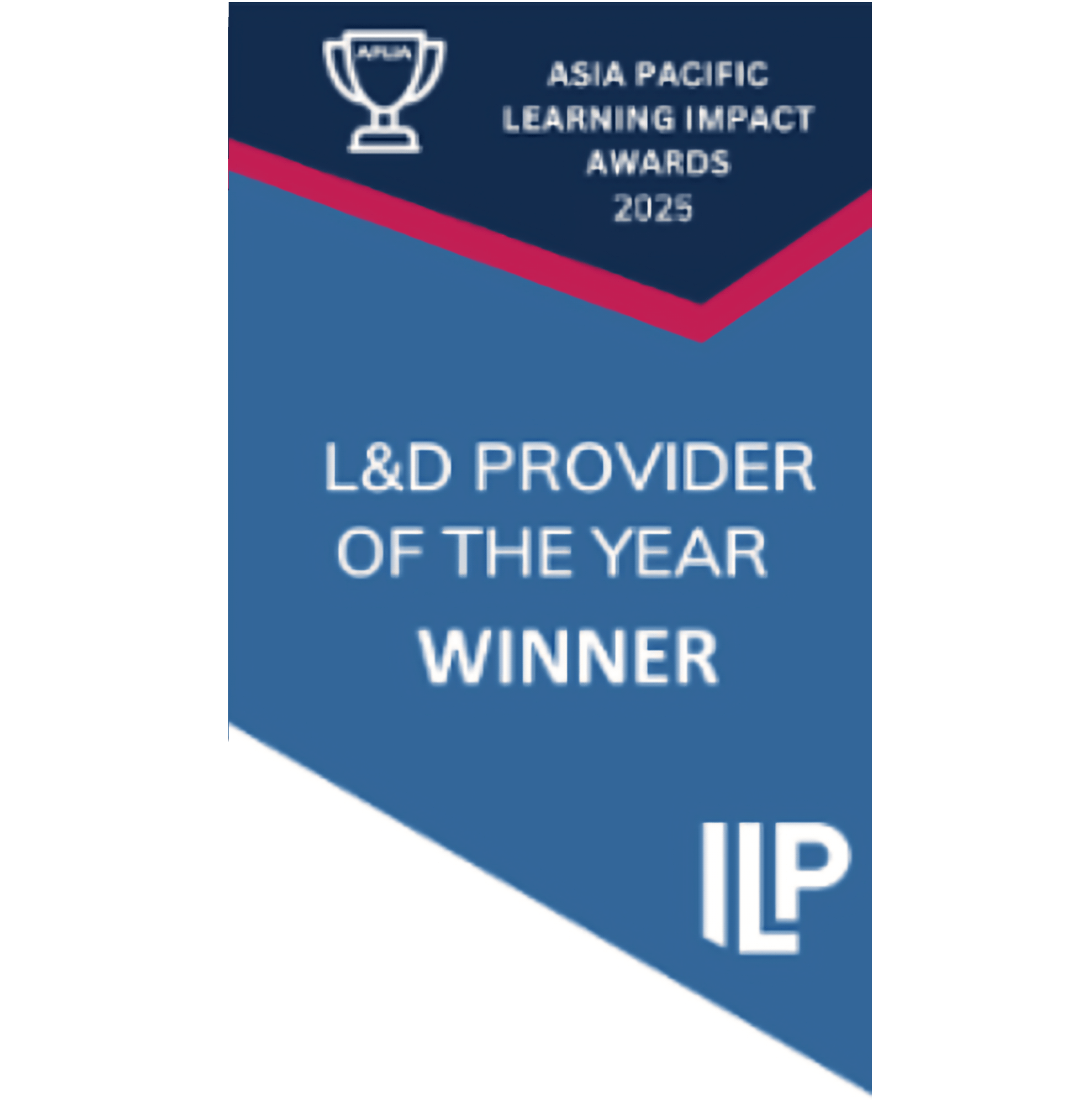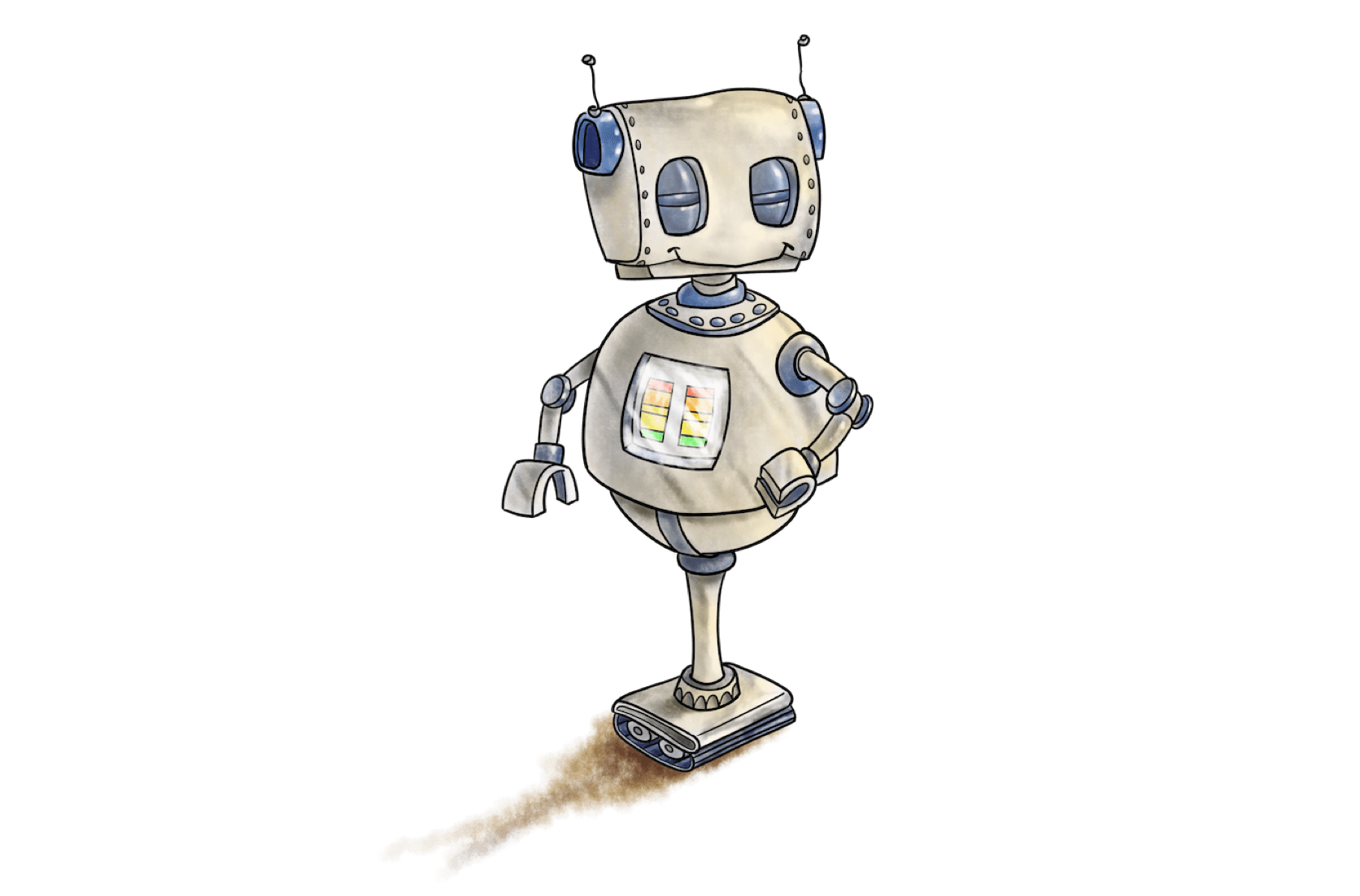
Each year, Deloitte University Press conducts a global survey titled Global Human Capital Trends. The report outlines trends discovered in the survey responses, spanning HR, L&D and leadership. This year’s report is chock full of valuable insights from over 10,000 companies around the world about what their organisations look like and where they’re headed for the future.
The ten-part report gives careers and learning its own (rightfully earned at #2) segment that outlines a few key areas in the L&D space that are being disrupted by new trends and tech:
- What employees expect from their jobs
- The importance of developing skills quickly
- The shift in learning tools and infrastructure
- The way L&D operates as a business function
Expectations, they are a’changin’
The idea of being in a job for 60-70 years may sound frightening to some. However, the concept of a ‘career’ is moving further away from a linear role, path or profession and toward constant skill and knowledge development that contribute to a person finding their ‘calling’ over time (way less scary!)

Employees are expecting this kind of environment, too - Glassdoor data indicates the top most attractive firms are those that give fresh hires the “ability to learn and progress’. Of course, this means companies are realising the need for a focus on learning that helps people take responsibility for their knowledge development, adopt a lifelong approach to learning and contribute to the learning of their peers.
We’re seeing more and more cross-functional teams that bring together non-traditional skills to work on projects and solve problems. The types of learning necessary for such dynamic teams needs to be equally as diverse. And for L&D, this has proved to be a difficult task, as until recently ‘learning’ was a division specific, standalone function that existed within a static LMS, in the brains of employees, or simply not at all.
Rapid skill development is crucial
Right now, the speed of business development and the speed of learning don’t even compete in the same race.
The report notes that learned skills are becoming redundant sometimes as quickly as they’re learned (it’s been said that software developers have to up-skill every 12 months - our software wizard Paul can definitely vouch for this one!) and to get overcome this barrier, employees want quick, convenient access to information they need to do their jobs best.
An important distinction here, however, is whether the need is to learn a fresh skill or to update current knowledge. Consideration has to be made on what kind of learning is required, usually falling into two categories: macro “I want to learn something new” and micro “I need help now” learning.
Commenting on Bersin’s latest report, Dani Johnson, VP and L&D research leader at Bersin also touches on another hot topic: pull vs. push learning. She states that:
"Employees in these [mature learning] organizations can often find what they need, when they need it, and seek feedback and data to help them improve. They are also more likely to self-organize to get work done, and change to further their own development and improve work and business outcomes overall”.
This is a prime example of pull learning, wherein learners seek out the information they need without having to be ‘pushed’ content.
We all participate in some kind of ‘pull’ learning every single day. What do we do when we need a speedy answer to a question? We Google it, of course. Maybe we read a blog post or download a checklist. A tutorial on how to do something? A 5-minute YouTube video usually does the trick.
Tools are taking over (with a bittersweet farewell to the LMS)
We hear it in our customer interviews, read it on learning blogs and all over Twitter – the LMS doesn’t quite cut it for most companies anymore.
Not that the LMS is an inherently bad product, just that it doesn’t do what employees need it to do anymore. And as a result, we’re seeing forward-thinking companies adopt tools and methods that serve specific employee needs - even if that means using one or two vendors rather than a do-all-everything monolith that sits in the corner getting dusty.
This shift reflects the trend toward employee-centric learning (funnily enough) that involves curating internal and external learning material to meet individual needs. However, an implication of the explosion of material available at once is the potential for a serious content overload. One that can be crippling for those trying to wade through all the YouTube and Twitter channels, blogs, MOOCs, free courses and certifications.
L&D is officially in the big leagues
Today, learning is a key strategic division that now holds its own against the heavyweight business functions, and in what Bersin titles ‘Mature Learning Organisations’ intertwines seamlessly with employees’ day-to-day roles.
The end goal is an environment that allows employees to be mobile within the company. Cross-functional skill development is important as these abilities align with the organisational shift to networks of teams. L&D should, therefore, push people to reach their potential, even if it means moving across jobs.
And even though traditional L&D responsibilities are starting to lose their spark, the industry is full of new opportunities for L&D professionals to become learning facilitators, rather than learning providers.
The end of the report presents a table that clearly spells out the shift in employee demand of the last ~10 years and the response from the industry. From ‘event’ based learning that had its sights set only as far as checking boxes – to a flexible, integrated learning environment of which benefits are enjoyed far beyond the office.

So, what’s next?
I’ll end with a quote by Josh Bersin, Principal and Founder of Bersin by Deloitte: "In the 15 years I've been studying corporate L&D, I haven't seen the industry under so much stress… We are in a disruptive time, forcing companies of all sizes to literally reinvent their entire learning strategy, infrastructure and employee experience like never before."
Scary stuff… Or is it?
We think it’s exciting. The possibilities for reinventing how companies ‘do’ learning are endless – and we can’t wait to see how we can be a part of changing the status quo.




